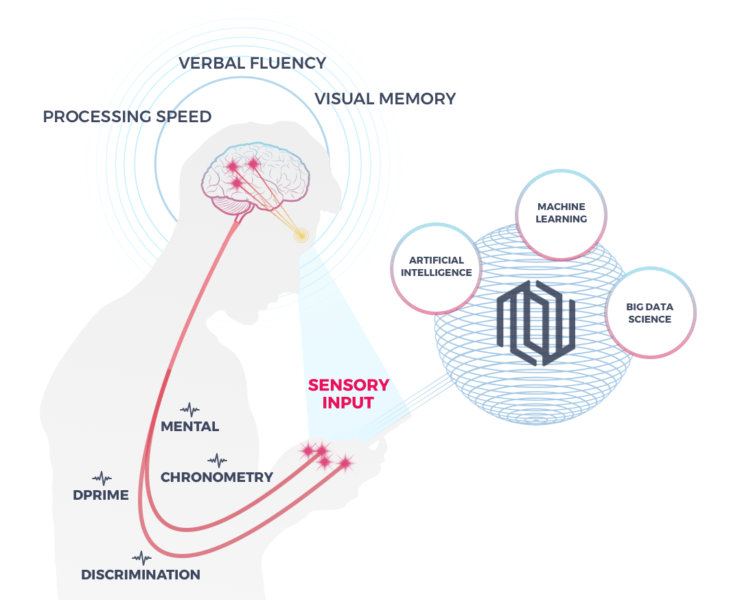Mixed reactions on the development of digital biomarkers and growth of Mindstrong Health

___
(More on the positive side, at MIT Technology Review) The smartphone app that can tell you’re depressed before you know it yourself:
“There are about 45 million people in the US alone with a mental illness, and those illnesses and their courses of treatment can vary tremendously. But there is something most of those people have in common: a smartphone…
Mindstrong Health is using a smartphone app to collect measures of people’s cognition and emotional health as indicated by how they use their phones. Once a patient installs Mindstrong’s app, it monitors things like the way the person types, taps, and scrolls while using other apps. This data is encrypted and analyzed remotely using machine learning, and the results are shared with the patient and the patient’s medical provider.
The seemingly mundane minutiae of how you interact with your phone offers surprisingly important clues to your mental health, according to Mindstrong’s research—revealing, for example, a relapse of depression…If Mindstrong’s method works, it could be the first that manages to turn the technology in your pocket into the key to helping patients with a wide range of chronic brain disorders—and may even lead to ways to diagnose them before they start.”
(More on the skeptic side, at Nature) Happy with a 20% chance of sadness:
“At this stage, the reliability of mood-prediction technology is unclear. Few results have been published, and groups that have released results say they have achieved only moderate rather than outstanding accuracy when it comes to forecasting moods…(researchers) have reservations about possible downsides of their creations. They worry that scientists and clinicians haven’t thought enough about how to inform users of an imminent emotional downturn. There are also questions about whether such warnings could cause harm. And some wonder whether corporations or insurance companies might use the technology to track the future mental health of their employees or customers. “The [potential for] misuse of this technology is what keeps me up at night,” Dagum says…
“A few bad actors who misuse this technology could spoil the benefits for patients with serious mental-health issues,” says Insel. Mindstrong, he says, is working with a bioethics group at Stanford University, California and plans to publish a paper on these matters shortly.”
News in Context:
- Mindstrong Health identifies digital biomarkers of cognitive function using smartphone data
- Five reasons the future of brain enhancement is digital, pervasive and (hopefully) bright
- Mindstrong Health raises $14 million to modernize the diagnosis and treatment of neuropsychiatric disorders via artificial intelligence (AI) and smartphones
- The FDA creates new Digital Health unit to reimagine regulatory paths in the age of scalable, AI-enhanced innovation
- Neurotechnology can improve our lives…if we first address these Privacy and Informed Consent issues
- Learn more and discuss at the 2019 SharpBrains Virtual Summit: The Future of Brain Health (February 26–28th)
- Presentation by Dr. Tom Insel, President and Co-Founder of Mindstrong Health, at the 2017 SharpBrains Virtual Summit (December 5–7th):


